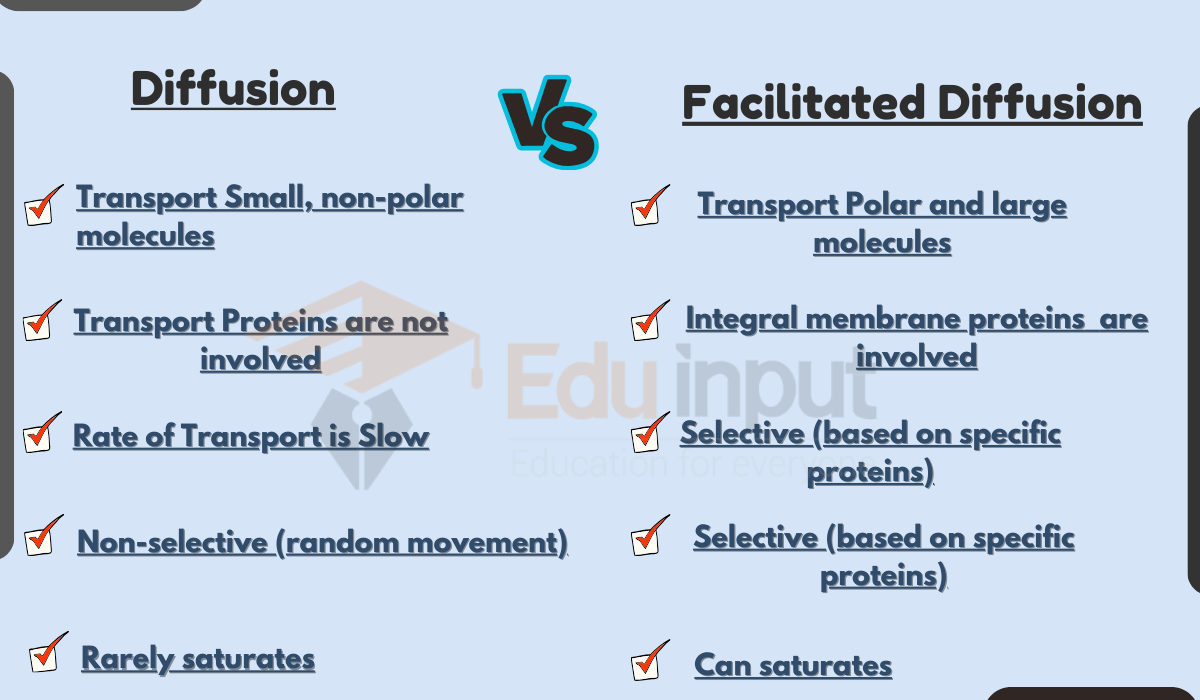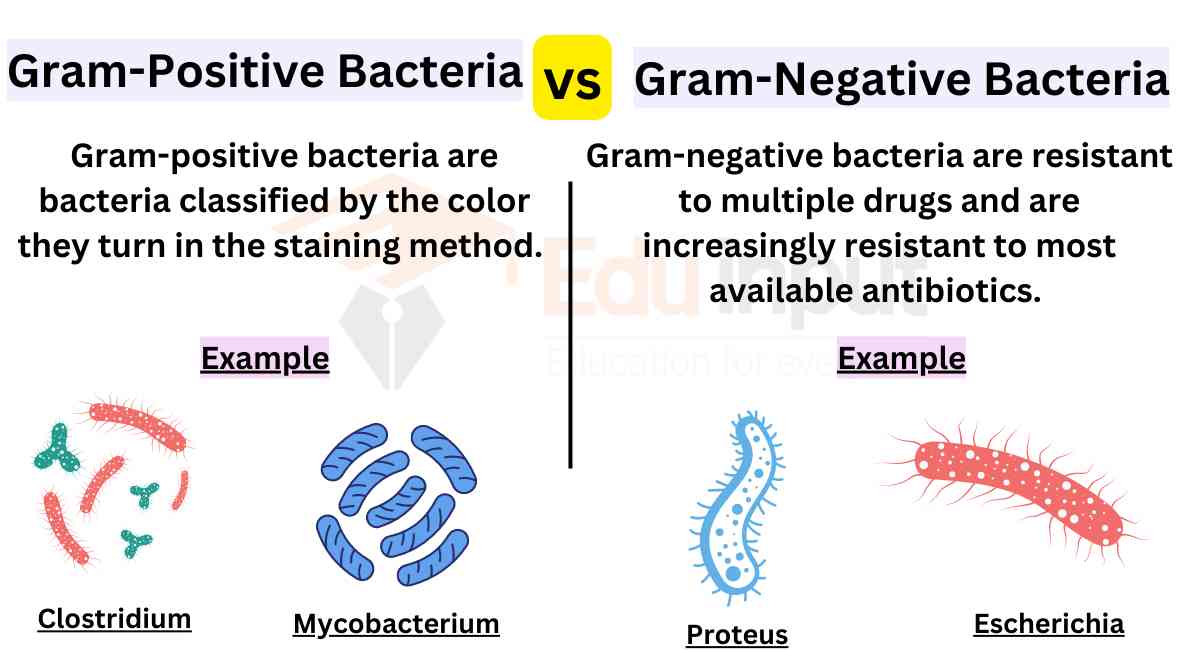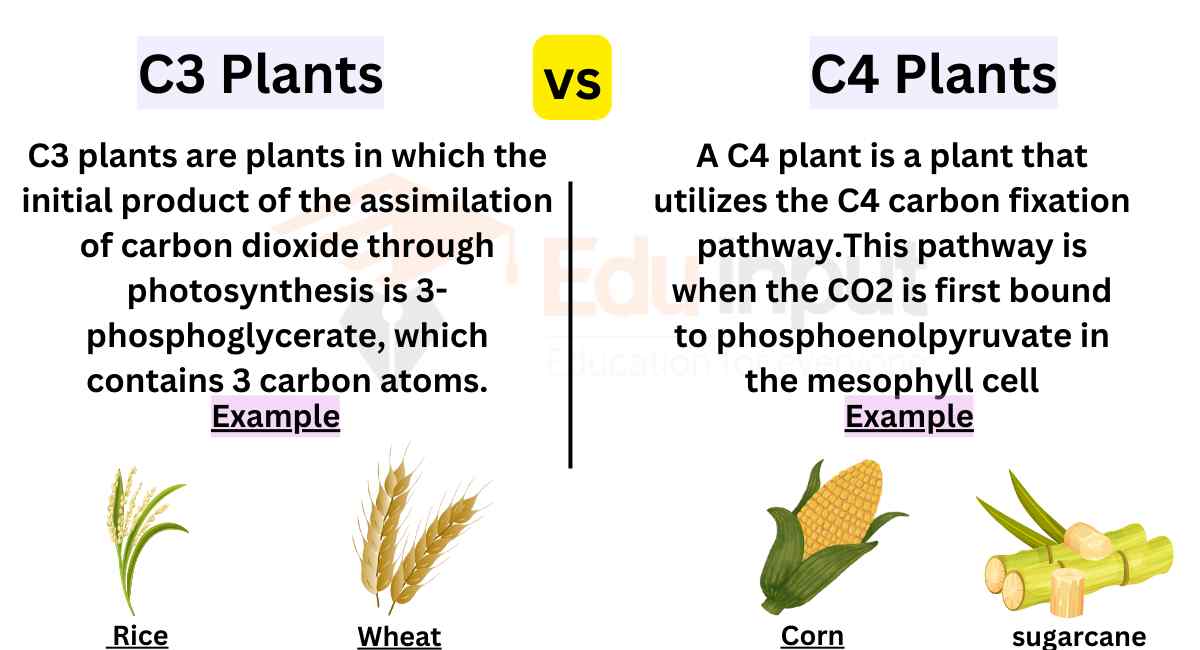Difference Between Cytotoxicity and Antiproliferative Activity
Key Difference
Cytotoxicity and antiproliferative activity are terms used in pharmacology and toxicology to describe the effects of substances on cells, but they represent different mechanisms. Cytotoxicity refers to the ability of a substance to kill or damage cells. Antiproliferative activity, however, pertains to the ability of a substance to inhibit or prevent the proliferation or growth of cells, especially in the context of cancer cells.
Comparative Analysis
- Primary Effect:
- Cytotoxicity: Cell damage or death.
- Antiproliferative Activity: Inhibition of cell growth or division.
- Mechanism of Action:
- Cytotoxicity: Can involve disruption of cell membranes, induction of apoptosis.
- Antiproliferative Activity: Inhibition of DNA synthesis, cell cycle arrest.
- Application in Research:
- Cytotoxicity: Assessed in toxicology studies, drug safety.
- Antiproliferative Activity: Crucial in cancer research, drug development.
- Desired Outcome:
- Cytotoxicity: Often undesirable, except in cancer treatment.
- Antiproliferative Activity: Targeted approach in cancer therapy.
- Measurement Methods:
- Cytotoxicity: MTT assay, LDH release.
- Antiproliferative Activity: BrdU assay, cell count.
Table Summary
| Feature | Cytotoxicity | Antiproliferative Activity |
|---|---|---|
| Effect | Cell damage or death | Inhibition of growth |
| Mechanism | Disruption of membranes, apoptosis | DNA synthesis inhibition, cell cycle arrest |
| Research Application | Toxicology, drug safety | Cancer research, therapy |
| Desired Outcome | Varies (undesirable or therapeutic) | Therapeutic in cancer |
| Measurement | MTT, LDH assays | BrdU assay, cell counting |
Cytotoxicity and antiproliferative activity are critical concepts in medical research, particularly in cancer therapy, with cytotoxicity focusing on cell damage and death, and antiproliferative activity on inhibiting cell growth and division.







Leave a Reply